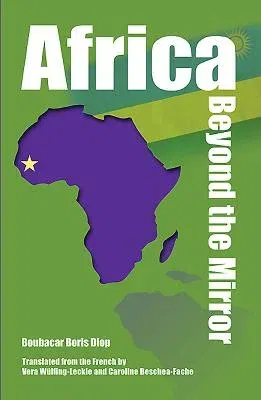The media tends to portray Africa in a manner that grossly distorts
reality. The picture they paint is intended to make people of African
descent feel ashamed of their past and their identity. This is
unacceptable and must change. It is therefore a moral imperative for all
those who can make themselves heard, to speak out. These texts reflect
the point of view of an African intellectual who has selected them for
this book since they were all born out of the desire to tell the truth
as it is. Besides chapters that pay homage to Cheikh Anta Diop and Mongo
Beti, the wide variety of topics in this book include the dilemma of the
writer who is stuck between two languages, the shipwreck of the Joola in
Senegal, the continuing waves of migration towards Europe and the
cultural challenges of globalization. The genocide of the Tutsis in
Rwanda, which too many people are still trying to deny, has been given
special importance. The implication of the French government is
stressed, because its responsibility in this tragedy, via François
Mitterrand, is neither well-known nor accepted, despite all the
irrefutable evidence. Projecting one's gaze beyond the mirror means
trying to expose the lies that hide behind so many clichés that are
common currency about Africa. Above all, it means ringing the alarm bell
as a warning against the sinister political intentions that feed a
growing Afrophobia.

